Table of Contents
- Introduction
- Why Ingredients Matter in Skincare
- The Basics of Skincare Ingredients
- 3.1 Cleansers and Exfoliants
- 3.2 Moisturizers and Hydrators
- 3.3 Serums and Treatments
- 3.4 Sunscreens and SPF
- Key Ingredients for Skincare
- 4.1 Hyaluronic Acid
- 4.2 Retinol
- 4.3 Vitamin C
- 4.4 Niacinamide
- 4.5 Peptides
- 4.6 AHA and BHA
- 4.7 Antioxidants
- 4.8 Ceramides
- 4.9 Essential Oils
- 4.10 Probiotics
- Customizing Your Skincare Routine
- Conclusion
- Frequently Asked Questions
1. Introduction
Skincare has evolved from a mere beauty routine to a scientific endeavor, with a deeper understanding of how different ingredients impact the health and appearance of our skin. In this article, we will explore the science behind skincare ingredients and how they can transform your skin. By understanding the role of key ingredients, you can make informed choices and tailor your skincare routine to achieve the best possible results.
2. Why Ingredients Matter in Skincare
The efficacy of skincare products relies heavily on the ingredients they contain. Each ingredient has a specific purpose and targets different skin concerns. Whether you are aiming to hydrate, brighten, or combat signs of aging, choosing the right ingredients is essential for achieving your desired outcomes.
3. The Basics of Skincare Ingredients
Skincare ingredients can be categorized into different product types, each serving a specific function in your routine.
3.1 Cleansers and Exfoliants
Cleansers and exfoliants are crucial for maintaining clean and clear skin. They remove impurities, dead skin cells, and excess oil, leaving your skin refreshed and rejuvenated.
3.2 Moisturizers and Hydrators
Moisturizers and hydrators play a vital role in restoring and retaining moisture in the skin. They create a protective barrier, preventing water loss and keeping your skin plump and supple.
3.3 Serums and Treatments
Serums and treatments are concentrated formulations that target specific skin concerns such as wrinkles, hyperpigmentation, and acne. They deliver potent active ingredients in high concentrations, providing visible results.
3.4 Sunscreens and SPF
Sunscreens and SPF products protect your skin from harmful UV rays. They are essential in preventing sun damage, premature aging, and the risk of skin cancer.
4. Key Ingredients for Skincare
Now let’s delve into some key ingredients that have been scientifically proven to transform your skin and address various skin concerns.
4.1 Hyaluronic Acid
Hyaluronic acid is a powerful humectant that attracts and retains moisture in the skin. It helps improve hydration, diminish fine lines, and enhance the skin’s overall texture and plumpness.
4.2 Retinol
Retinol, derived from vitamin A, is renowned for its anti-aging properties. It stimulates collagen production, reduces the appearance of wrinkles, and promotes cellular turnover for a smoother complexion.
4.3 Vitamin C
Vitamin C is a potent antioxidant that brightens the skin, fades dark spots, and protects against environmental damage. It also boosts collagen synthesis, improving skin elasticity and firmness.
4.4 Niacinamide
Niacinamide, or vitamin B3, offers a wide range of benefits for the skin. It helps regulate sebum production, minimizes pore size, evens out skin tone, and strengthens the skin barrier.
4.5 Peptides
Peptides are amino acid chains that support collagen and elastin production, leading to firmer and more resilient skin. They also aid in reducing the appearance of wrinkles and promoting skin repair.
4.6 AHA and BHA
Alpha-hydroxy acids (AHAs) and beta-hydroxy acids (BHAs) are chemical exfoliants that gently remove dead skin cells, unclog pores, and improve skin texture. AHAs are effective for surface exfoliation, while BHAs penetrate deeper into the pores, making them suitable for oily and acne-prone skin.
4.7 Antioxidants
Antioxidants such as green tea extract, resveratrol, and vitamin E protect the skin from free radicals and oxidative stress, preventing premature aging and maintaining a youthful appearance.
4.8 Ceramides
Ceramides are natural lipids that help strengthen the skin barrier and prevent moisture loss. They are particularly beneficial for dry and sensitive skin, promoting hydration and reducing inflammation.
4.9 Essential Oils
Certain essential oils, such as lavender, tea tree, and chamomile, possess anti-inflammatory and antimicrobial properties. They can soothe irritated skin, treat acne, and provide aromatherapy benefits.
4.10 Probiotics
Probiotics, when applied topically, can help balance the skin’s microbiome and strengthen its defense against environmental aggressors. They can also alleviate conditions like acne, eczema, and rosacea.
5. Customizing Your Skincare Routine
Now that you are familiar with these key ingredients, you can tailor your skincare routine to address your specific skin concerns. Consider consulting with a dermatologist or skincare professional to create a personalized regimen that suits your needs and skin type.
6. Conclusion
Understanding the science behind skincare ingredients empowers you to make informed choices and achieve remarkable results. By incorporating the right ingredients into your routine, you can transform your skin and maintain its health and radiance. Embrace the power of science and let your skincare journey begin!
7. Frequently Asked Questions
Q1: Are all skincare ingredients safe for sensitive skin?
While many skincare ingredients are safe for sensitive skin, it’s essential to patch test new products and monitor your skin’s reaction. Some ingredients, such as fragrances and certain acids, may cause irritation in sensitive individuals.
Q2: Can I combine multiple active ingredients in my skincare routine?
Yes, but it’s crucial to introduce new ingredients gradually and observe how your skin responds. Combining too many active ingredients at once can overwhelm the skin and lead to irritation. Start with one or two ingredients and gradually incorporate others over time.
Q3: How long does it take to see results from skincare ingredients?
The time it takes to see results can vary depending on the ingredient and individual factors. Generally, it may take several weeks to notice significant improvements in your skin’s texture, tone, and overall appearance.
Q4: Can natural ingredients be as effective as synthetic ones?
Yes, natural ingredients can be highly effective in skincare. However, it’s important to note that efficacy depends on the specific ingredient and its concentration. Both natural and synthetic ingredients can provide excellent results when formulated correctly.

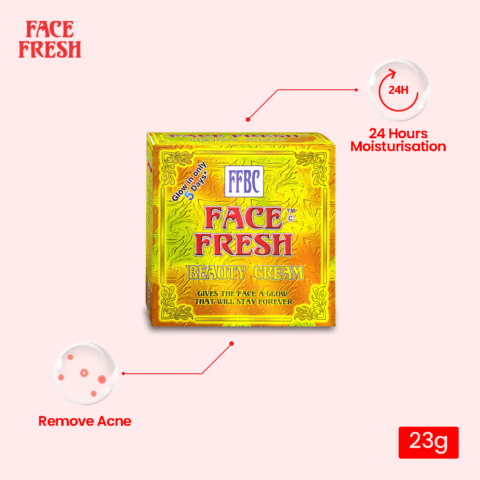
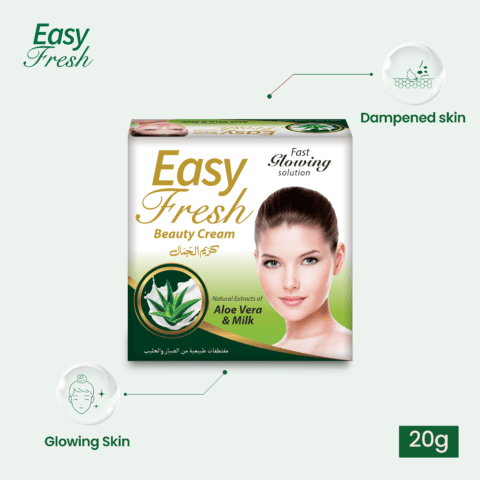
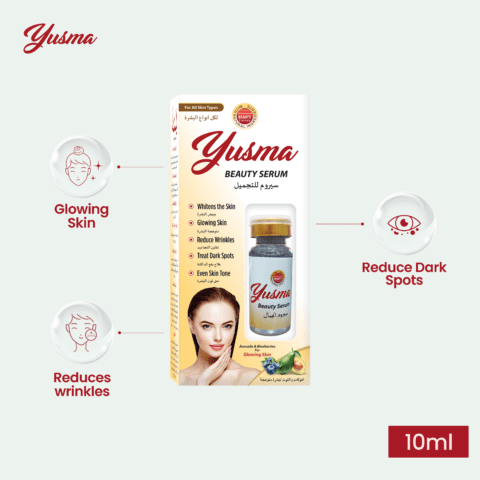
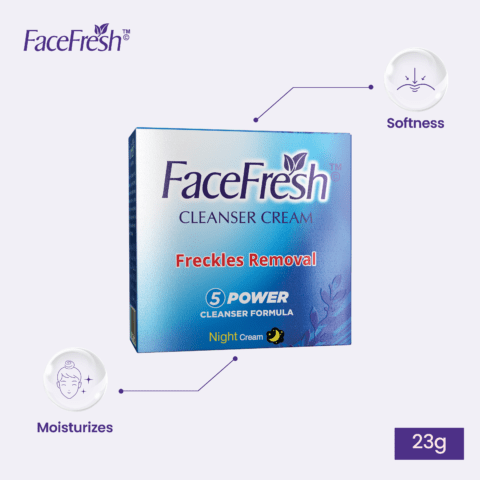
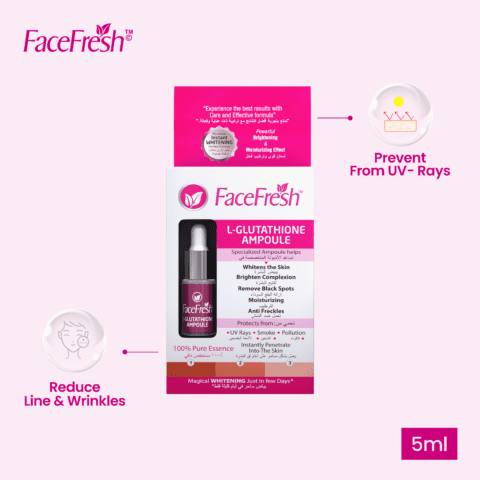
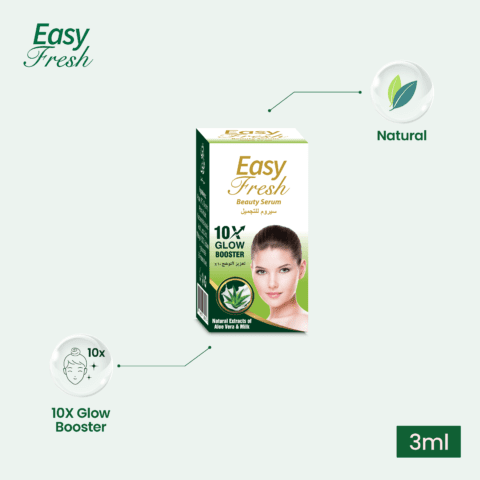

Leave a comment
Your email address will not be published. Required fields are marked *